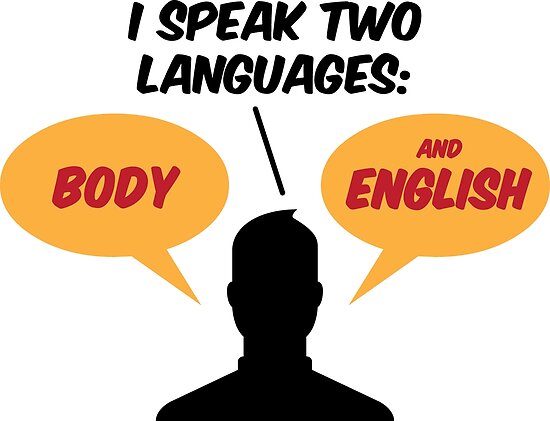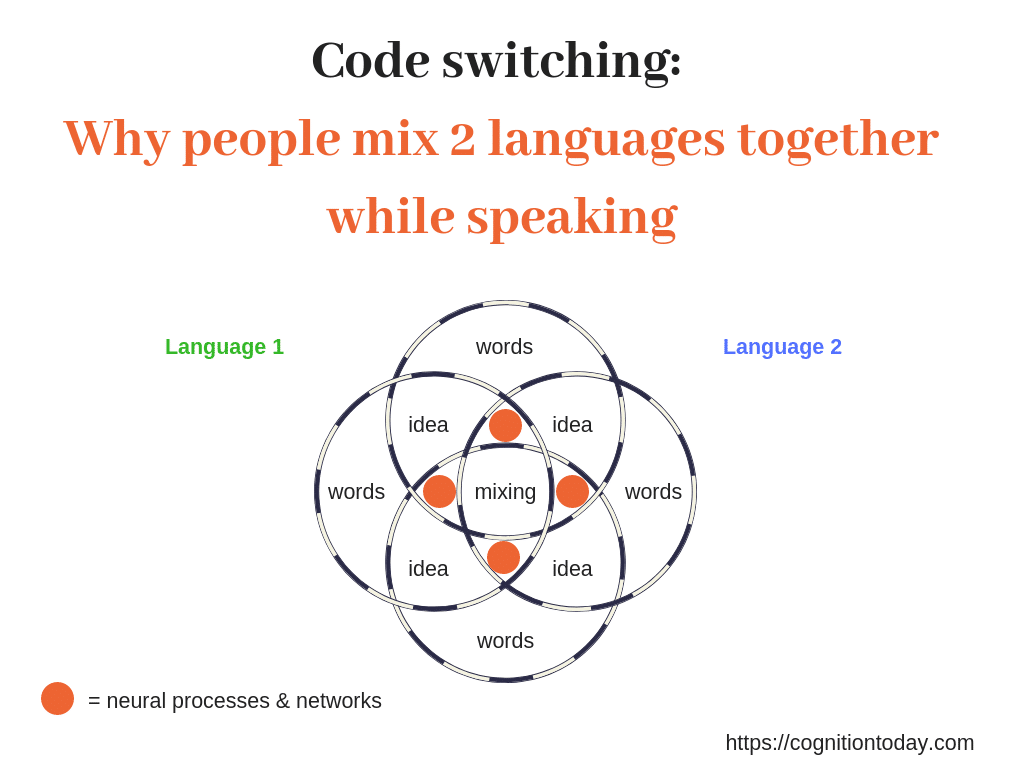People who speak two languages may unconsciously shift their personalities when they switch from one language to another

People Who Speak Two Languages May Unconsciously Shift Their Personalities When They Switch from One Language to Another

Did you know that speaking two languages can impact not only your linguistic skills but also your personality? According to a fascinating fact from Bright Side, individuals who are bilingual may unconsciously switch their personalities when they switch from one language to another.
Code-Switching: A Phenomenon That Reflects Linguistic Adaptability

Code-switching, the act of alternating between two or more languages within a conversation, is a common occurrence among bilingual individuals. This linguistic ability allows people to effortlessly switch between languages depending on the social context, cultural norms, or the participants involved. However, recent studies have revealed that code-switching not only affects language but also influences the speaker’s personality and behavior.
Research has shown that when bilingual individuals switch from one language to another, they may inadvertently adjust their communication style, attitudes, and even emotions to align with the specific language they are using. This phenomenon suggests that personality traits associated with each language might become activated, leading to subtle but noticeable shifts in how individuals express themselves.
The Connection Between Language and Cultural Identity
Language and culture are intrinsically linked, and as such, the different languages we speak can reflect our diverse cultural identities. When switching from one language to another, individuals may subconsciously tap into the associated cultural norms and social expectations tied to each language. This shift in cultural identity could lead to changes in behavior, values, and interpersonal relationships.
For example, bilingual individuals who switch from speaking their native language to another language may adopt the communication patterns, gestures, and non-verbal cues commonly used in that particular culture. This adaptation to different cultural norms allows them to establish stronger connections and better relate to others while speaking in a specific language.
Psychological Implications and Benefits of Language Switching
The unconscious personality shifts resulting from language switching can have several psychological implications. Research suggests that speaking different languages can make individuals more adaptable, open-minded, and capable of seeing situations from multiple perspectives. Bilinguals often develop enhanced communication skills, empathy, and cultural sensitivity, which can be advantageous in various personal and professional settings.
Moreover, these personality shifts can also affect the emotional experiences of bilingual individuals. For instance, some research indicates that individuals may attribute different emotional weight or intensity to the same experiences when expressing them in different languages. This suggests that language and personality intertwine in complex ways, influencing our perception and expression of emotions.
Embrace Your Multilingual Personality
Being able to switch between two languages and experiencing personality shifts is a remarkable ability that many bilingual individuals possess. It highlights the richness and diversity of human communication, and the intricate connections between language, culture, and personality.
So, the next time you interact with someone who is bilingual, pay attention to the subtle changes in their personality that occur when they switch between languages. You might discover a new dimension to their character, influenced by the linguistic and cultural nuances embedded within each language.
Source: Bright Side
Share
Related Posts
Quick Links
Legal Stuff

